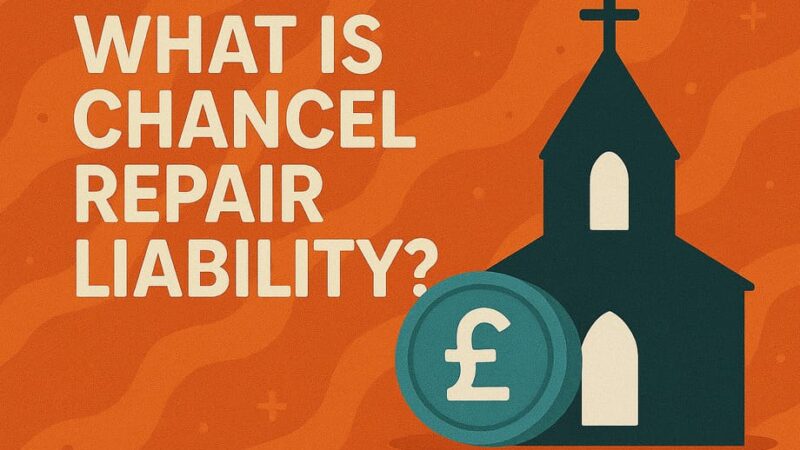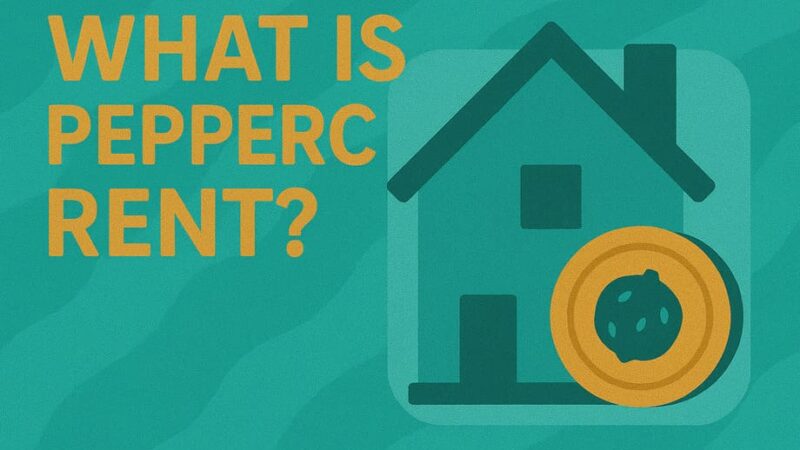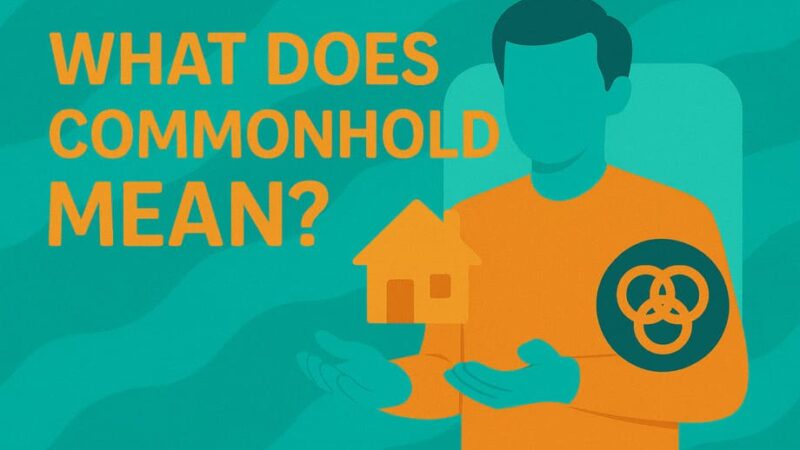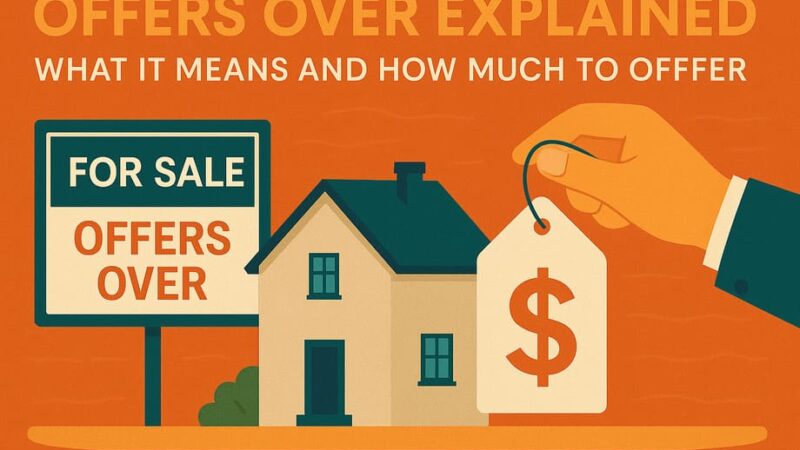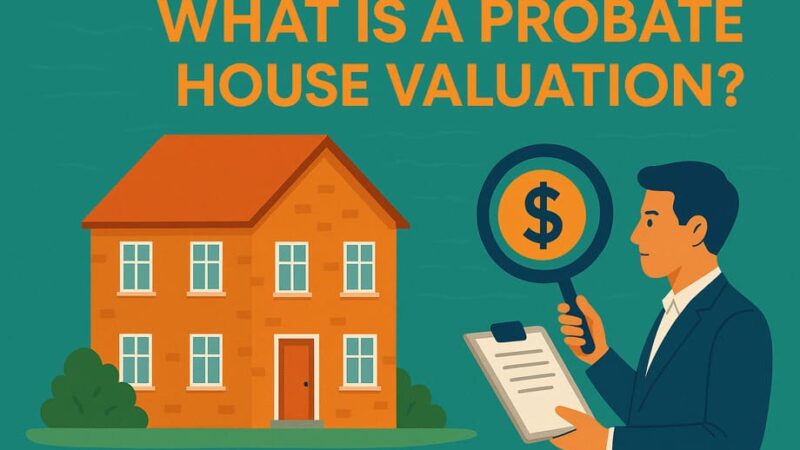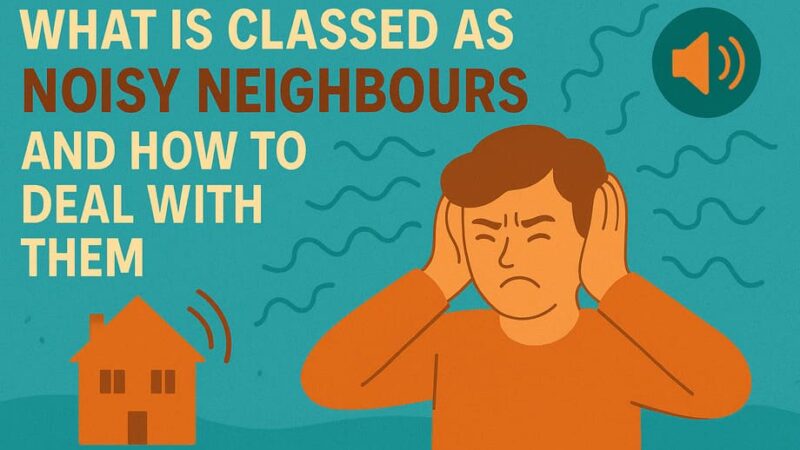What Does Under Offer Mean? UK Property Guide 2025
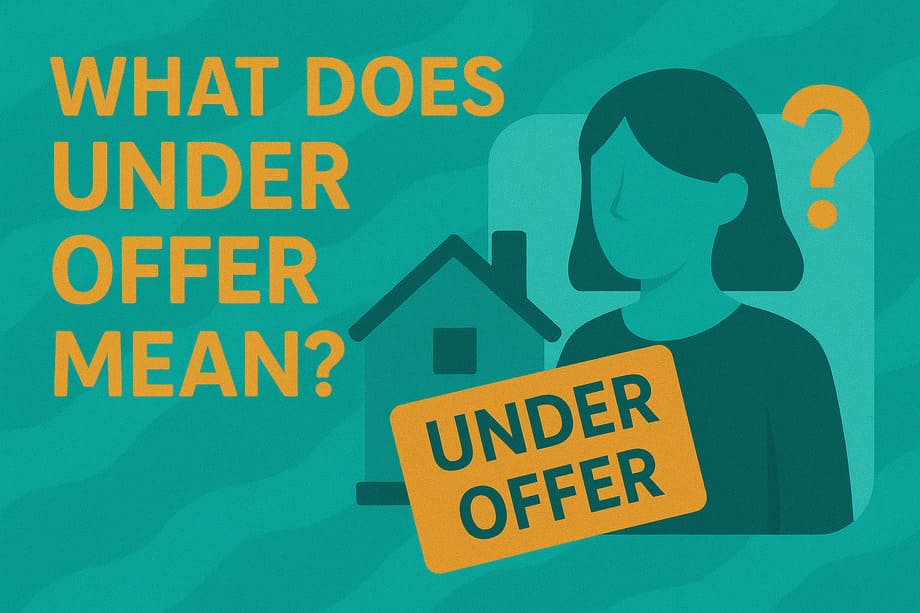
Browsing property listings online and noticed homes marked as “under offer”? This common estate agent term confuses many house hunters. This guide explains exactly what under offer means, whether you can still buy the property, and what happens next in the sales process.
What Does Under Offer Mean?
Under offer means a buyer has made an offer on a property and the seller has accepted it. However, the sale is NOT legally binding and can still fall through. Both buyer and seller can withdraw at any point before contracts are exchanged.
When you see “under offer” on Rightmove or in estate agent windows, it signals the property has moved beyond viewings to the offer stage—but it hasn’t been sold yet.
Key Facts:
- Offer made and usually accepted by seller
- NOT legally binding in England, Wales, Northern Ireland
- Either party can still pull out without penalty
- You may still be able to make an offer
- Different rules apply in Scotland
Under Offer vs Sold Subject to Contract (SSTC)
You’ll often see both “under offer” and “sold subject to contract” (SSTC) used. What’s the difference?
In most cases, they mean exactly the same thing: an offer has been made and accepted, but contracts haven’t been exchanged yet. Estate agents simply have preferences for which phrase they use.
Sometimes agents make a subtle distinction:
| Status | Typical Meaning |
|---|---|
| Under Offer | Offer just received/being considered OR recently accepted |
| Sold Subject to Contract | Offer formally accepted, conveyancing begun |
The phrase “subject to contract” emphasizes that the sale isn’t legally binding because contracts haven’t been signed. However, you cannot rely on this distinction being applied consistently across different estate agents when in doubt, ask them directly.
Is Under Offer Legally Binding?
No. In England, Wales, and Northern Ireland, an accepted offer is NOT legally binding until contracts are exchanged.
This is fundamentally different from most other purchases. Unlike buying a car or signing most contracts, accepting a property offer creates zero legal obligation for either party.
What This Means
For Buyers: You can withdraw your offer anytime before exchange without legal penalty. However, you’ll lose money spent on:
- Survey costs (£300-£1,500)
- Solicitor fees (£500-£1,500)
- Mortgage fees (£0-£2,000)
- Search costs (£250-£400)
These easily total £2,000-£5,000 in wasted expenses.
For Sellers: You can also withdraw or accept a higher offer (gazumping) at any time before exchange. You’ll lose legal fees already paid.
When It Becomes Legally Binding
Only when contracts are exchanged between solicitors does the sale become legally binding. This happens after surveys, searches, and all legal checks complete.
After exchange:
- Both parties are legally committed
- Completion date is set (usually 1-4 weeks later)
- Buyer loses their deposit (typically 10%) if they pull out
- Seller must compensate buyer’s costs if they withdraw
Scotland Is Different
In Scotland, offers become legally binding much earlier through a system of legal letters called “missives.” Once concluded, neither party can withdraw without penalties. This virtually eliminates gazumping in Scotland.
How Long Does a Property Stay Under Offer?
Typical timeframes vary significantly:
- Fast sales: 6-8 weeks from offer to exchange
- Average sales: 12-16 weeks from offer to completion
- Slow sales: Several months to over a year
Factors Affecting Duration
Property Chain: Multiple linked sales slow everything down dramatically. Chain-free buyers (first-time buyers, cash buyers) move fastest.
Mortgage Approval: Takes 2-6 weeks. Delays in mortgage offers extend the under offer period.
Survey Issues: Problems revealed in surveys lead to renegotiation, adding weeks.
Solicitor Speed: Some solicitors work faster than others. Slow legal work is a common complaint.
Local Authority Searches: Can take 2-8 weeks depending on the council. Some areas are notoriously slow.
According to property market data:
- Average time listing to offer: 50 days
- Average offer to exchange: 8-12 weeks
- Average exchange to completion: 1-2 weeks
- Total average: 20-24 weeks from listing to completion
Can You Make an Offer on an Under Offer Property?
Yes, you can still make an offer on a property marked as under offer. The sale isn’t binding, so the seller can consider new offers.
Contact the estate agent and express interest. They have a legal duty to present all offers to the seller, even lower ones.
Why You Might Still Get It
Around 15-25% of under offer sales fall through, according to property market data. Common reasons include:
- Mortgage application rejected
- Survey reveals serious problems
- Buyer gets cold feet
- Chain collapses elsewhere
- Low property valuation by lender
- Searches reveal planning issues
If you’ve registered interest, the agent may contact you first when a sale falls through.
Making a Competing Offer
Your position matters. If you’re chain-free with a mortgage in principle, you’re attractive to sellers worried about their sale collapsing. However, consider the ethics, some view gazumping as unfair, while others see it as legitimate market competition.
What is Gazumping?
Gazumping occurs when a seller accepts a higher offer from a new buyer after already accepting someone else’s offer.
How It Works
- Buyer A’s offer is accepted
- Property marked under offer
- Buyer B makes a higher offer
- Seller accepts Buyer B’s offer
- Buyer A is rejected and loses all fees paid
Is Gazumping Legal?
Yes, gazumping is perfectly legal in England, Wales, and Northern Ireland because offers aren’t binding before exchange. It’s controversial but lawful.
A 2024 study found that 37% of UK homebuyers experienced gazumping, showing how common this practice has become in competitive markets.
Avoiding Gazumping
As a Buyer:
- Ask sellers to take the property off the market
- Move quickly through surveys and searches
- Build relationships with agent and seller
- Get mortgage approval fast
- Stay in regular contact
As a Seller:
- Consider reputation damage from gazumping
- Weigh short-term gain against potential complications
- Ask if higher offers are genuinely more secure
Why Do Under Offer Sales Fall Through?
Understanding why sales collapse helps manage expectations:
Mortgage Issues (30%): Lenders decline applications or offer less money than expected.
Low Valuations (25%): The lender’s surveyor values the property lower than the agreed price, reducing the mortgage available.
Survey Problems (20%): Surveys reveal structural issues, damp, or subsidence that concern buyers.
Chain Collapse (15%): One broken link in a chain of sales affects all connected transactions.
Changed Circumstances (5%): Job loss, relationship breakdown, or buyer’s remorse.
Search Problems (3%): Local searches uncover planning breaches or boundary disputes.
Gazumping (2%): Seller accepts a higher offer from someone else.
Between 15-43% of properties marked as under offer or sold subject to contract ultimately fail to complete, depending on market conditions.
What Does Under Offer Mean in Scotland?
Scotland operates a fundamentally different system:
Home Reports Required: Sellers must commission surveys before marketing, costing £400-£600. All buyers can view this.
Written Offers Only: All offers must be submitted through solicitors in writing.
Missives System: Offers and acceptance happen through legal letters called “missives.” Once missives conclude, the sale becomes legally binding—much earlier than in England.
Under Offer in Scotland indicates formal written offers have been made and solicitors are exchanging missives. Once concluded, withdrawal triggers financial penalties.
Advantages of Scottish System
- Gazumping is virtually impossible
- Faster overall process
- Greater certainty for buyers and sellers
- Surveys available before offers made
What Happens After Under Offer?
Once your offer is accepted, significant work begins:
Immediate Steps (Weeks 1-2)
- Instruct solicitors for conveyancing
- Submit full mortgage application
- Arrange property survey
Conveyancing Process (Weeks 3-10)
- Solicitor orders local authority searches
- Title checked to confirm ownership
- Contract drafted and reviewed
- Questions raised about property
- Mortgage offer issued (2-4 weeks)
- Survey results reviewed
Exchange and Completion (Weeks 11-14)
- Both parties satisfied with all checks
- Contracts exchanged (sale becomes binding)
- Deposit paid (typically 10%)
- Completion date set (1-4 weeks after exchange)
- Remaining money transferred
- Keys handed over
Many sales take longer than this ideal 12-14 week timeline due to chains, slow solicitors, or complications discovered during searches.
Tips for Buyers
If you’re interested in an under offer property:
Register Interest: Contact the estate agent to note your interest. You’ll be first in line if the sale fails.
Understand the Stage: Ask exactly where in the process the property is. Just under offer? About to exchange?
Prepare Finances: Have mortgage in principle and deposit proof ready.
Keep Looking: Don’t fixate on one under offer property. Continue viewing others.
Check Back Regularly: Sales can fall through at any stage.
Investigate History: If a property keeps returning to market after going under offer, find out why.
Tips for Sellers
Managing an accepted offer:
Update Listing: Ask your agent to mark the property as under offer/SSTC to reassure buyers.
Respond Quickly: Answer solicitor requests promptly. Delays frustrate buyers.
Stay Communicative: Regular updates through the agent build buyer confidence.
Consider Ethics: Think carefully before accepting higher offers after acceptance.
Push Your Chain: If buying another property, keep your purchase moving to avoid bottlenecks.
Prepare Early: Start organizing removals and utilities before exchange.
Have Backup Plans: Don’t make irreversible decisions until contracts exchange.
Frequently Asked Questions
Can I view a property that’s under offer?
Usually not. Most agents stop viewings once offers are accepted, though you can always ask.
How long after under offer is completion?
Typically 8-16 weeks, though it varies significantly.
Is under offer the same as sold?
No. Under offer means an offer is accepted but the property hasn’t actually been sold yet.
What’s the difference between under offer and sale agreed?
Generally the same thing. Usage varies between estate agents.
Can a seller accept multiple offers?
No, only one at a time, though they can entertain backup offers.
What happens if my mortgage is declined while under offer?
You must withdraw, the property goes back on market, and you lose fees already paid.
Can I offer less than asking price on an under offer property?
Yes. Agents must present all offers to sellers.
Conclusion
“Under offer” indicates serious progress in a property sale but isn’t a done deal. In England, Wales, and Northern Ireland, nothing is certain until contracts exchange, typically 8-12 weeks after offer acceptance.
Whether you’re a buyer, seller, or interested in an under offer property, remember that 15-25% of these sales fall through. Don’t celebrate or despair prematurely. The property market requires patience, preparation, and understanding that under offer is just one milestone on the journey to completion.
For buyers viewing under offer properties, don’t assume it’s lost, register interest and stay informed. For sellers, focus on pushing the sale forward efficiently while managing expectations. And for everyone involved, understanding what under offer really means helps navigate this complex but exciting process.
Last Updated on October 23, 2025 by James Cartwright


